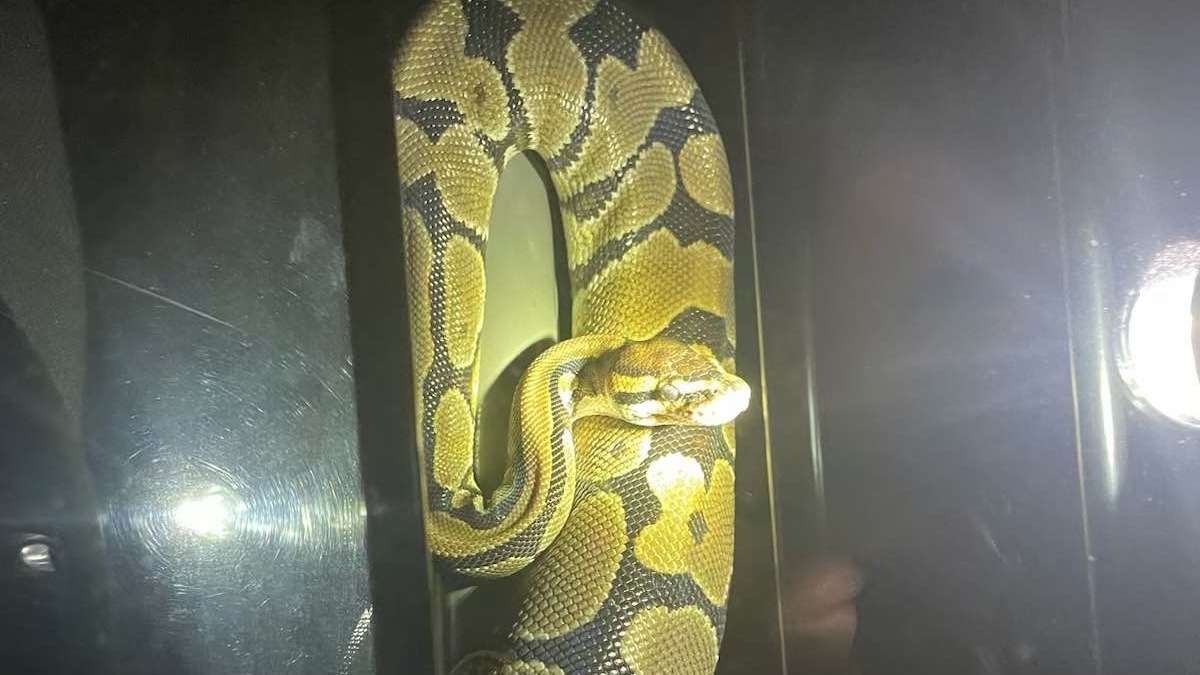
A Massachusetts man is facing federal charges, accused of trafficking the body parts of protected wildlife from Africa and Asia to be sold to buyers in the U.S.
Adam Bied, 39, was charged with allegedly trafficking the body parts of endangered and protected species for at least two years. Bied, a resident of Reading, bought, sold and traded these products, some under the guise of shipping labels like "resins or "rodents," federal prosecutors say.
Investigators say from January 2018 to at least June 2021, Bied allegedly conspired with individuals in Cameroon and Indonesia who killed wildlife. He did not possess the correct licenses or permits to do so.
“The illicit trafficking of endangered wildlife for financial gain is a grave offense that poses a significant threat to global conservation efforts and preservation of these species,” said Joshua S. Levy, U.S. attorney. “These laws and international treaties exist to protect endangered species from exploitation and to maintain ecological balance.”
He was charged with two counts of conspiracy and three counts of violating the Lacey Act, which prohibits the illegal trafficking of animals and plants. He allegedly knew that these transactions violated U.S. laws.
A complaint for forfeiture was filed, allowing the government to seize property involved in a crime. There were more than 100 wildlife parts included in the list, such as body parts of endangered and vulnerable species like orangutans, tigers, otters, polar bears, jaguars and leopards.
“This forfeiture action sends a clear message that we will not only prosecute those who engage in illegal wildlife trafficking, but also take legal actions to strip them of their ill-gotten gains,” said Levy.
More on wildlife
Get a weekly recap of the latest San Francisco Bay Area housing news. Sign up for NBC Bay Area’s Housing Deconstructed newsletter.



